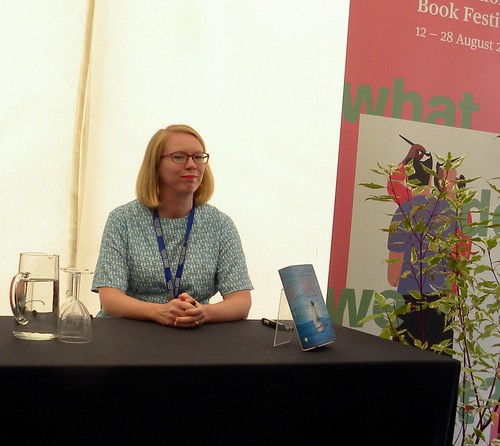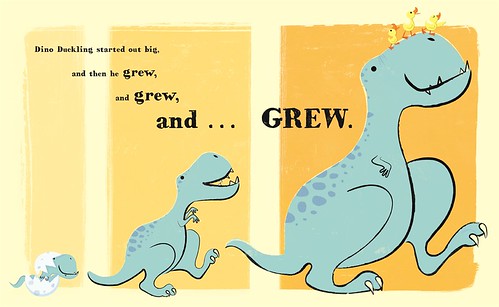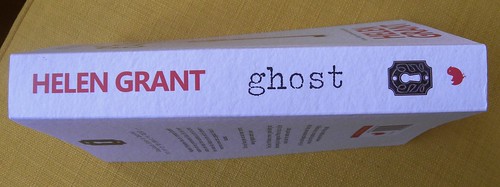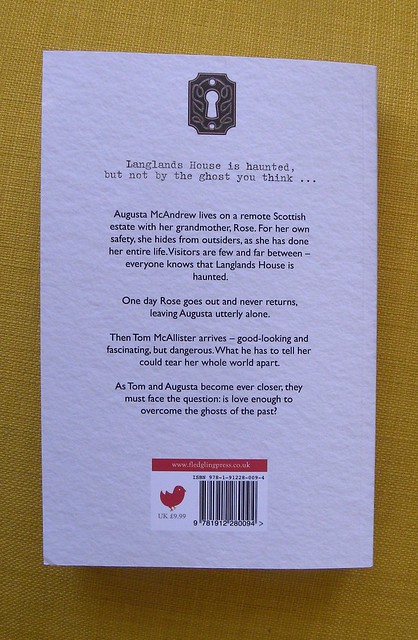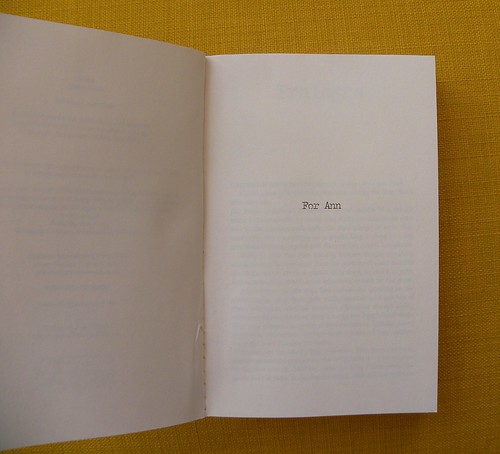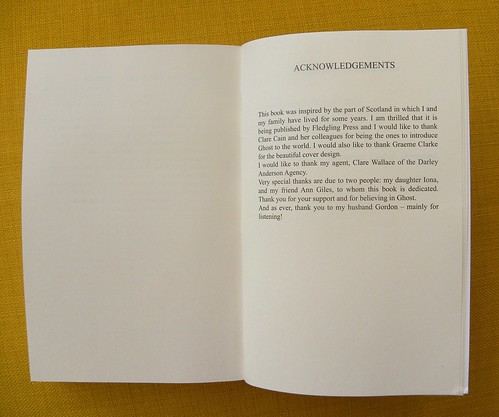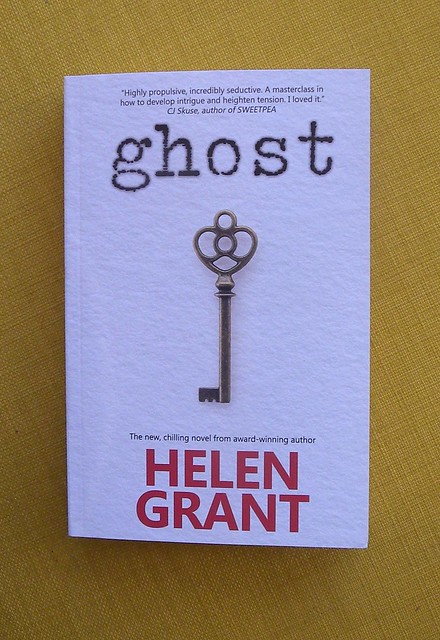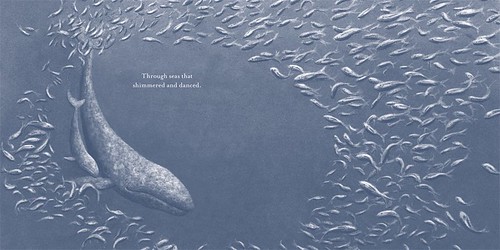There are gay children’s authors. Yes, really. Not so odd, as there are plenty of gay non-authors as well. I understand that because they are people who write for innocents, some publishers want to keep their sexuality a secret. Whether gatekeepers such as parents might be aware of their child’s favourite author’s inclination is something I don’t know. If they do, my guess is that parents find this abhorrent, I mean grown-up, enough to keep quiet about.
Then there is at least one children’s author whose behaviour has now turned out to be a lot more scandalous than even I had credited him with. I’m actually disappointed. I’d much rather have found that David Walliams walked out of his first gig at the Presidents Club, head held high, shocked at what went on there. But it seems he didn’t, as the event this week wasn’t his first. I suppose it must have been the lure of being paid £150 to entertain rich men that became so irresistible.
Or maybe the famous comedian was paid more than the attractive young ladies in scanty clothing? Or did he do it for free? For the honour, so to speak.
What I’d like to know is what his publishers are going to do about all this. Whether his young readers find out about these goings-on, their parents will know. Will they stop buying his books, or are they so grateful that little Jack reads, that they can overlook the scandal? Is DW a more decent person in their eyes than someone who is gay?
I’m relieved that DW was described as a comedian in this instance, rather than a children’s author. Although, since you could pay money to name a character in one of his books… Well, I don’t know. Is this opportunity now gone, the same way the money for Great Ormond Street Hospital was given up?
As for most of the other men at the Dorchester, I’m not surprised they did what they did. Merely surprised that they are stupid enough to believe they won’t be found out, or that if they are, that people won’t mind.

